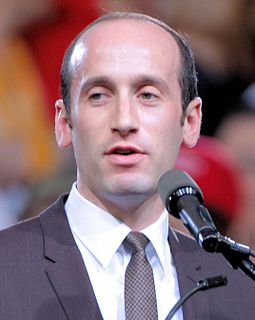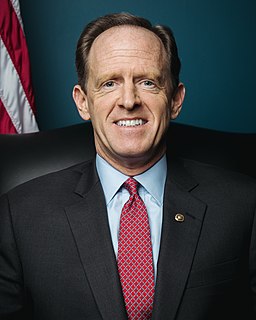A Quote by Bob Barr
Courts have long recognized the federal government's robust power to inspect people and goods entering the country. After all, the very foundation of national sovereignty is a nation's ability to protect its borders.
Related Quotes
The proposed constitution, therefore, even when tested by the rules laid down by its antagonists, is, in strictness, neither a national nor a federal constitution; but a composition of both. In its foundation it is federal, not national; in the sources from which the ordinary powers of the government are drawn, it is partly federal, and partly national; in the operation of these powers, it is national, not federal; in the extent of them again, it is federal, not national; and finally, in the authoritative mode of introducing amendments, it is neither wholly federal, nor wholly national.
The states have authority to interpret the Constitution, enforce it, and protect the people from violations of it by the federal government In the first place, there is not a syllable in the plan under consideration which directly empowers the national courts to construe the laws according to the spirit of the Constitution, or which gives them any greater latitude in this respect than may be claimed by the courts of every State.
I believe that the Constitution is not hostile to the idea that national problems can be solved at the national level through the cooperative efforts of the three coequal branches of government, the Congress, the executive and courts. But not every president, not every legislator and not every judge agrees that the federal government has the power to address and to try to remedy the twin national problems of poverty and access to equal opportunity.
Donald Trump is fighting for working people, and he's fighting to restore the borders around this country that are the essential ingredient for national sovereignty and national success in a way that nobody has who has held that office not only in my lifetime but, frankly, in the history of this country.
It is federal, because it is the government of States united in a political union, in contradistinction to a government of individuals, that is, by what is usually called, a social compact. To express it more concisely, it is federal and not national because it is the government of a community of States, and not the government of a single State or Nation.
The proposed Constitution, so far from implying an abolition of the State governments, makes them constituent parts of the national sovereignty, by allowing them a direct representation in the Senate, and leaves in their possession certain exclusive and very important portions of sovereign power. This fully corresponds, in every rational import of the terms, with the idea of a federal government.
The National Government will regard it as its first and foremost duty to revive in the nation the spirit of unity and cooperation. It will preserve and defend those basic principles on which our nation has been built. It regards Christianity as the foundation of our national morality, and the family as the basis of national life.































